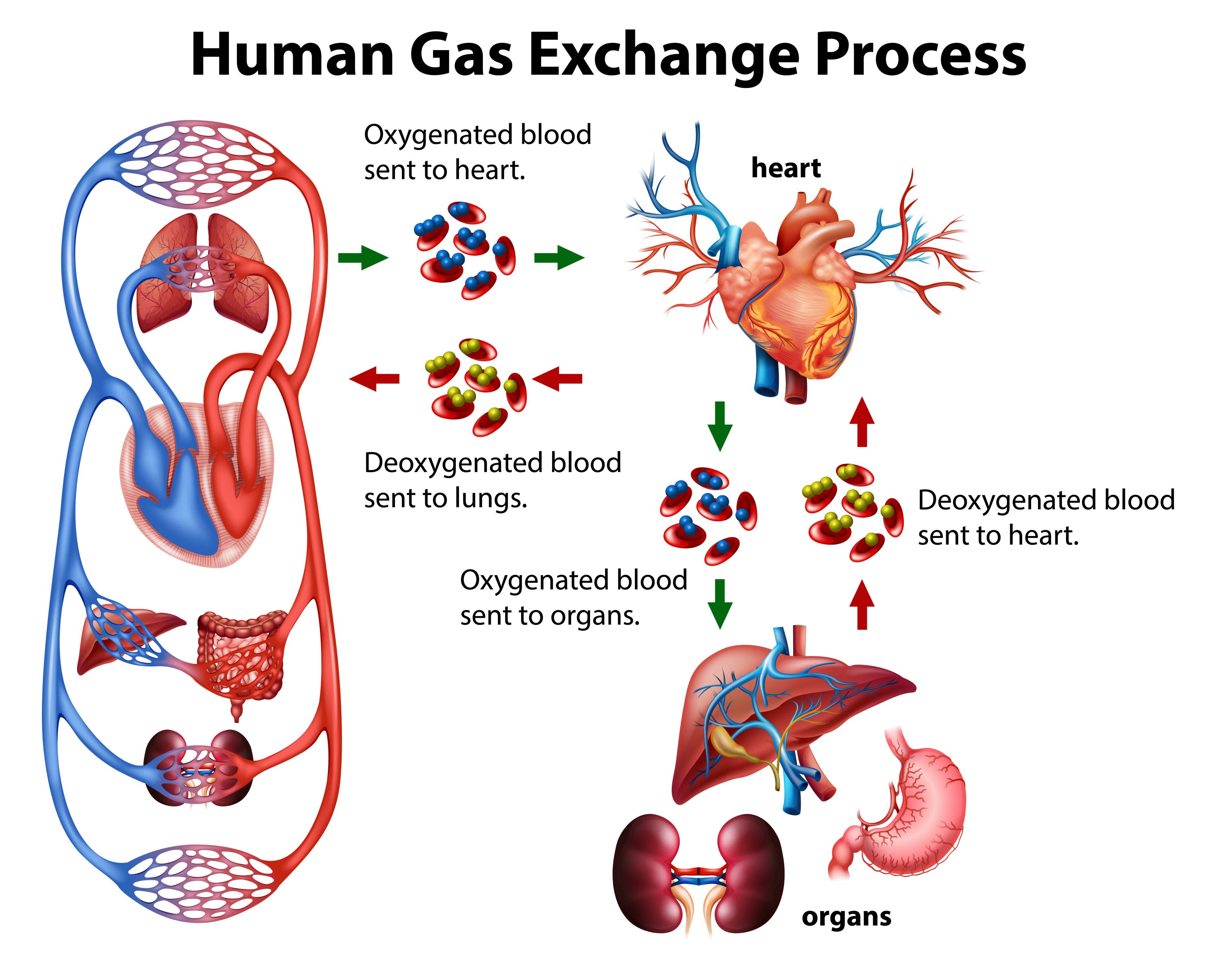
Lifestyle Changes to Manage Aortic Valve Stenosis
Introduction: Living Well with Aortic Valve Stenosis: Lifestyle Changes Simplified
Living with Aortic Valve Stenosis (AVS) may require making some lifestyle changes to help manage the condition and improve overall health. Let’s explore some simple adjustments you can make to your lifestyle to support heart health and well-being.
1. Maintain a Heart-Healthy Diet
Eating a balanced diet rich in fruits, vegetables, whole grains, lean proteins, and healthy fats can help support heart health and manage AVS. Limiting sodium intake can also help reduce fluid retention and lower blood pressure.
2. Stay Active
Regular physical activity is essential for maintaining cardiovascular health. Aim for at least 30 minutes of moderate exercise most days of the week, such as walking, swimming, or cycling. Consult with your healthcare provider before starting any new exercise regimen.
3. Quit Smoking
Smoking can exacerbate symptoms of AVS and increase the risk of complications. If you smoke, quitting can significantly improve your heart health and overall well-being. Seek support from friends, family, or a smoking cessation program to help you quit for good.
4. Monitor Blood Pressure and Cholesterol Levels
High blood pressure and high cholesterol levels can contribute to the progression of AVS and increase the risk of heart disease. Regularly monitor your blood pressure and cholesterol levels, and work with your healthcare provider to manage them effectively through lifestyle changes and, if necessary, medication.
5. Manage Stress
Chronic stress can negatively impact heart health and exacerbate symptoms of AVS. Practice stress-reducing techniques such as deep breathing exercises, meditation, yoga, or spending time in nature to promote relaxation and well-being.
Conclusion
By making these lifestyle changes, you can support your heart health and manage Aortic Valve Stenosis effectively. Remember to work closely with your healthcare provider to develop a personalized plan that meets your individual needs and preferences.
To seek medical advice, always consult a Doctor. Here are our recommended experts. Click here
To read more on Heart Disease . Click Here


